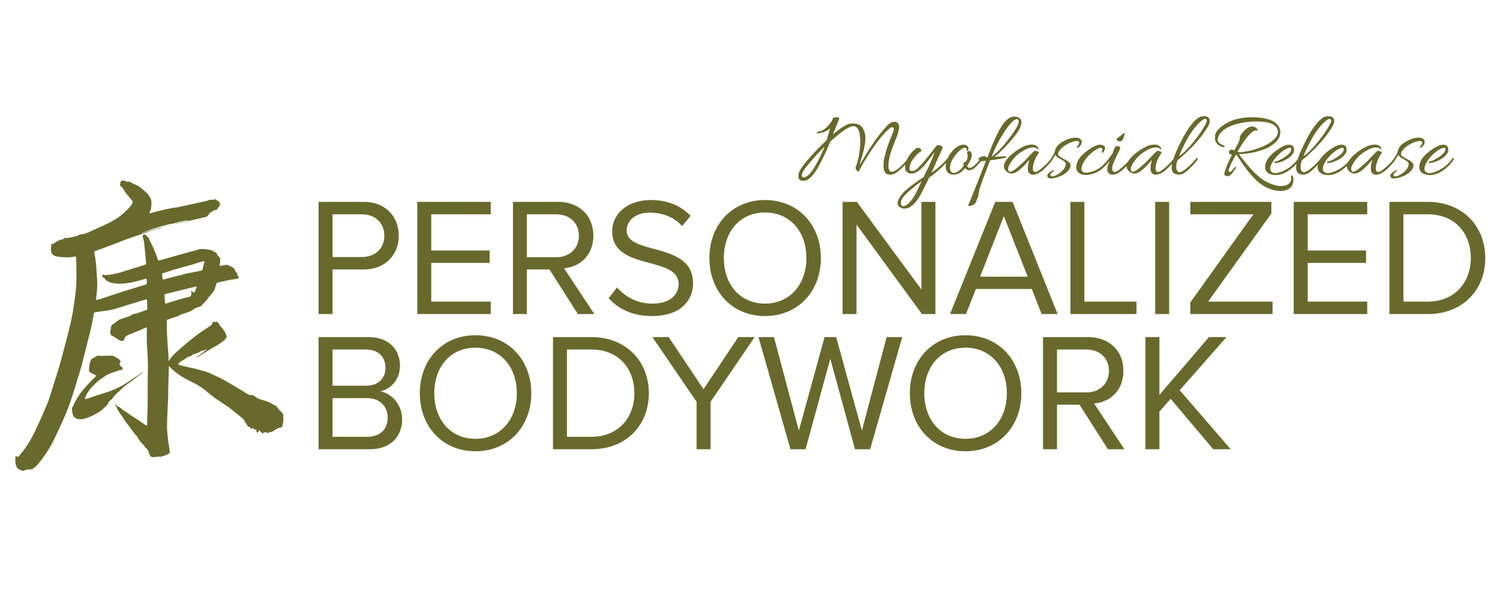Buying Organic Products: What You Should Know...
/Over the years “organic” products and ingredients have shifted from the fringes to the mainstream. In previous decades, organic products were often only found in specialty stores, or you might find only a tiny section of a standard supermarket that offered organic options. Now, most grocery stores have an extensive selection of organic produce, and organic certified items are often mixed in with conventional products on store shelves. 🙌
Still, many people are confused about organics, the benefits of organic products, and how to determine whether a product is actually organic. Read on to learn more….
What Does Organic Mean?
Organic products are grown, raised, cultivated, or made with minimal intervention:
Organic fruit is grown without the use of specific pesticides and fertilizers, ionizing radiation, or genetically modified seeds. Growers rely on more natural methods and farming techniques to produce quality fruit.
Organic eggs in the United States are from hens that have been fed organic feed, are not caged, and are allowed to roam outdoors.
Organic textiles (fabrics) are made from plants, such as cotton, that have been grown organically and without the use of GMOs or synthetic fertilizers.
Many people favor organics because they wish to avoid chemicals and production methods that are dangerous to consumers and to the workers who produce the foods and products.
What Organic Does NOT Mean
The choice to shop for organic products is often the result of a genuine desire to live a healthy, ethical lifestyle. It is important to realize, however, that items that are sold as “organic” in the United States meet certification standards that largely focus on the elimination of synthetic chemicals, toxic byproducts, and genetically modified seeds or ingredients in the growing or production process.
Because the focus of organic certification is on the methods used to produce organic products, it’s up to you to research other factors, including:
Worker rights: While workers may benefit from a lack of exposure to harmful substances while producing organic goods, organic certification doesn’t ensure fair wages or treatment.
Animal welfare: Organic certification standards address some animal welfare issues, but not all. If you are vegan or concerned about animal rights, look for other, animal-specific certifications when you purchase an organic product.
Nutritional and health benefits: Organic food does not necessarily contain more nutrients than non-organic food.
Another thing to be aware of is that there are many farms and producers that hold to organic standards but, due to cost or other reasons, do not hold organic certification.
Organic Certification
The United States Department of Agriculture has strict rules about whether a business can use the words “organic” when describing its products. The USDA has its own certification process that producers must complete if they wish to claim that their product is organic.
In addition, the USDA also regulates the kind of language that can be used on products that contain multiple ingredients. To carry the USDA organic seal, the product must be made of at least 95% organic ingredients. These products must be made of 95% organic products if they wish to claim that the product itself is “organic.” If the product contains less than 95% organic ingredients, it cannot use the USDA organic seal.
Full details on organic labeling regulations can be found on the USDA’s website.
(There are TONS of small businesses/farms that have organic products that can’t afford to get the official USDA Organic Certification and vice versa there are TONS of marketing scams that make non-organic products sound good for you by creative packaging and greenwashing. Talk to your local farmers at the next Farmer’s Market. Read all labels carefully (especially all packaged foods and beverages - are they USDA certified organic? Are they even organic? Or are they all-natural?))
Buying Organic
Organic products used to have a reputation for being expensive. While organics are often slightly more costly than their conventionally grown or produced counterparts, the demand for organic products, as well as improvements in organic production methods, has reduced these costs.
Still, if you are on a budget, you may need to pick and choose which organic products you can buy.
Every year the Environmental Working Group offers an analysis of the pesticide loads of different types of conventionally grown produce. The EWG then offers a list of the “Dirty Dozen™” most contaminated fruits and vegetables, as well as the “Clean 15™” conventionally grown fruits and vegetables that are safest to eat.
In 2021, the Dirty Dozen included strawberries, nectarines, spinach, kale, tomatoes, and bell peppers. The Clean 15 included avocados, broccoli, onions, mushrooms, cantaloupe, and pineapple.
Both lists can be found in full at EWG.org (they also have a fabulous database to check your beauty products!).
Craving more?













